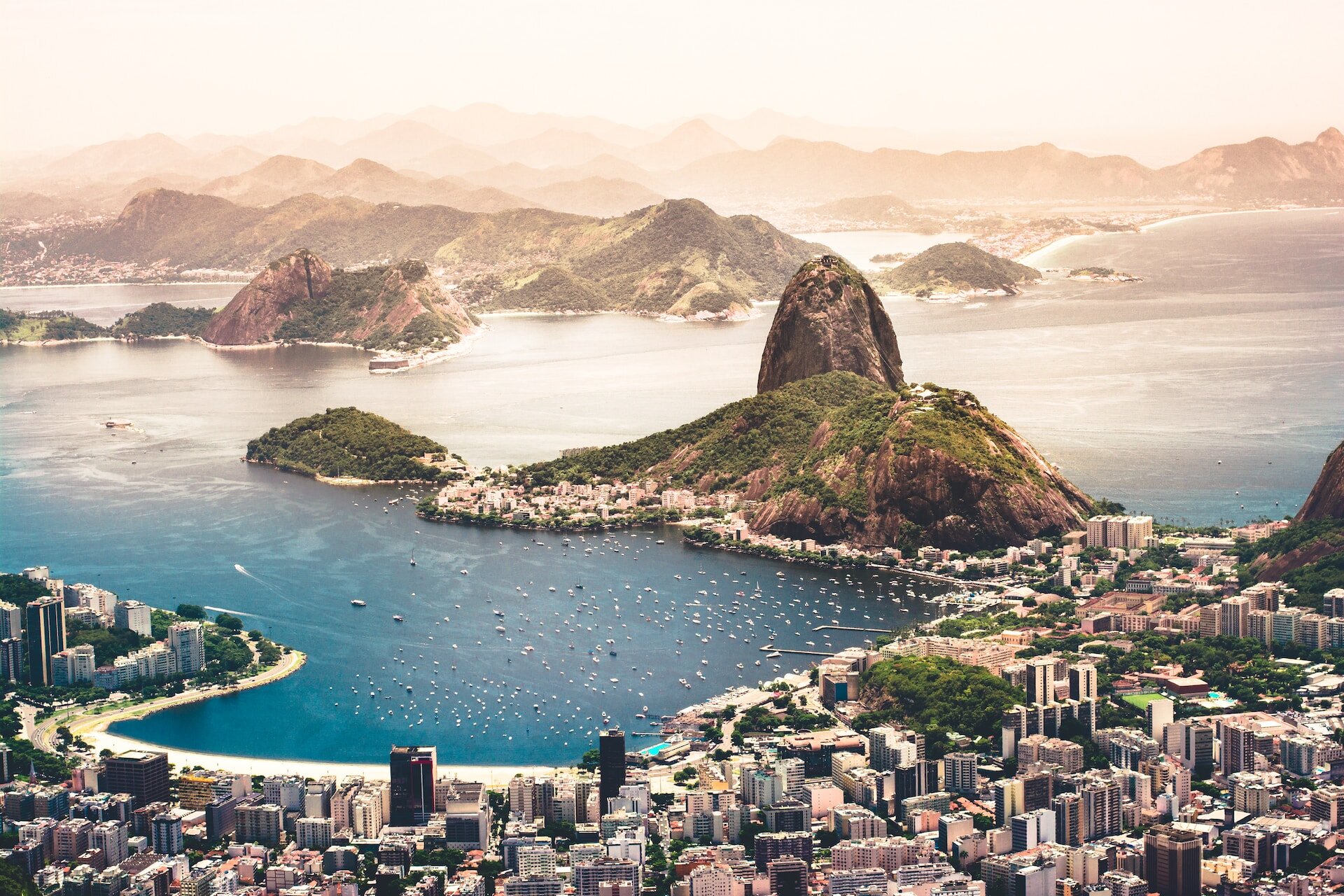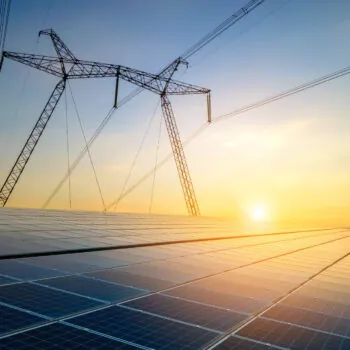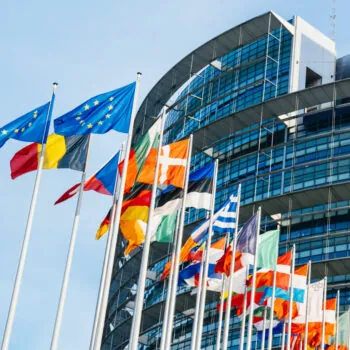After a period of isolation from the world stage, ‘Brazil is back’. And what a time to be back, amidst a deeply geopolitically fragmented world with a looming, ever-deteriorating, climate and debt crisis. The Latin American giant will take over the G20 Presidency in 2024 from fellow BRICS member India, with the chance to shape and coordinate the agenda of global issues to be discussed during the next Leaders’ Summit.
Brazil’s presidency is poised to take place at a critical juncture for multilateralism, which finds itself at a stalemate. The trust level between developing and developed countries has reached an all-time low after the lack of collaboration during the COVID-19 pandemic and the overarching polycrisis. This complex panorama underscores the need for collective action to tackle the urgent challenges confronting the global economy and the international community.
In this critical and challenging context, Brazil is well-suited to take over the high-profile G20 presidency. Firstly, President Lula has been a long-standing promoter of the shift to a multipolar world. Brazil not only has strong connections to the G7/G20, but it is also a key promoter of different trans-regional groupings, including the BRICS+, the India-Brazil-South Africa (IBSA) grouping and several Latin-American coalitions such as UNASUR. This puts Brazil in a prime position to help drive and broker a reformed international financial architecture, building on the (mixed) efforts of the outgoing Indian presidency, as well as the myriad other initiatives over the last year. Moreover, given that Brazil will also hold both the BRICS+ and COP30 Presidencies in 2025, it has the unique chance to push forward a 2-year international agenda which addresses climate whilst putting the needs of the Global South at the forefront.
Secondly, Brazil is a credible advocate for the interests of Global South countries, being acutely aware of the challenge of reconciling economic and climate efforts. Despite its status as an economic superpower, 33 million Brazilians go to bed hungry every night. Furthermore, being world-renowned for its remarkable biodiversity and abundant natural resources, it is also on the frontlines of the climate crisis. This exposure makes it an ideal candidate to steer and mediate the discussions and propose solutions around development and climate. It is imperative that Brazil’s G20 presidency mainstreams the fundamental understanding that climate and development are not at odds but are instead mutually reinforcing priorities.
This leadership is desperately needed. It is 2023 – no country should have to face a trade-off between feeding its population and facing the climate crisis. One immediate expectation will be for Brazil to take on this section of the G20’s Finance track agenda – one that the Indian presidency also focused on in 2023 – to amplify both ambition and efforts. There is no doubt that solutions are needed now, and the resources required are vast. Developing countries (excluding China) will require an additional USD 1 trillion annually in the form of external flows to achieve their sustainable development and climate goals by 2030. Simultaneously, as of 2023, the UN estimates that over 50 countries – accounting for over half of the world’s poorest people – are at risk of debt distress. It is this same set of countries at the frontlines of the climate crisis. This begs the question: how can these countries shield their economies and citizens against the worst impacts of climate change whilst realising growth opportunities emerging from the green transition?
Brazil is in a unique position to bring to the table different key actors to tackle the debt crisis, beginning with a much-needed push to review the G20 Common Framework and the IMF’s Debt Sustainability Analysis. However, this is only one part of the equation. Brazil should join shareholders of the Multilateral Development Banks (MDBs) and existing climate funds in their calls for reform and evolution to make them fit for purpose. This should include streamlining disbursement periods, modifying internal incentive structures, and increasing collaboration of MDBs and other Public Development Banks (PDBs) in the context of JETP-like country or regional sectoral platforms to make mobilization efforts more effective.
This does not mean shareholders should be off the hook. Brazil should also advocate for a recapitalization of these institutions, which represents a decisive, more immediate possibility with the potential for enormous payoff. However, ultimately, structural change is needed. Therefore, President Lula should combine a focus on short-term reform priorities with a continued push for a revision of the governance structure of the international financial architecture. Times have changed, and with it so should the institutions and the countries sitting around the table. Brazil should continue to put the needs and contributions of the Global South front and center, to deliver a fair and equitable global financial architecture, where all countries can develop sustainably and resiliently in the face of climate change. It is time.


